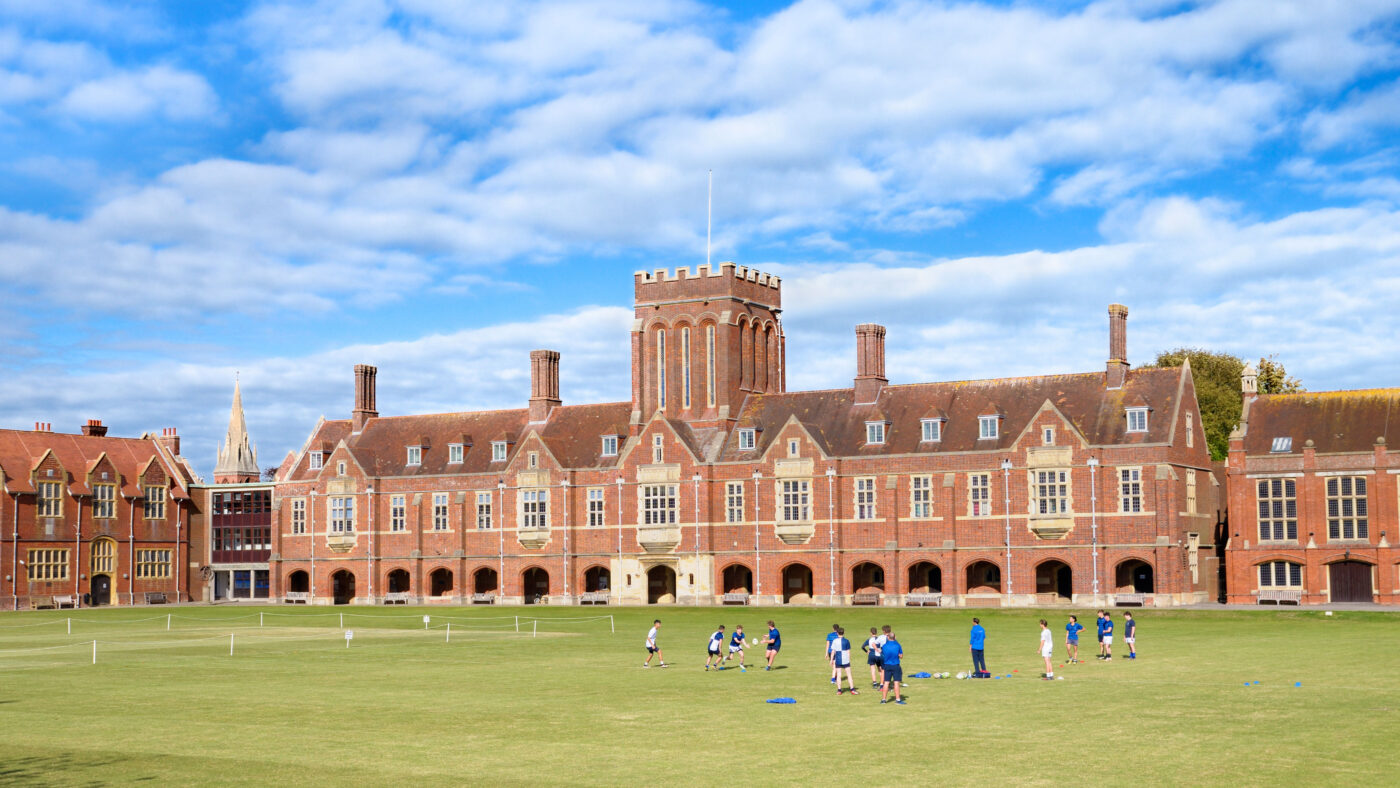Every family that chooses boarding school will have their own reasons for doing so. For some it’s a long-standing tradition. For others it’s because it offers their child opportunities that they’d otherwise not have living at home. And for some it’s because their parents move around with work, or aren’t at home enough to provide the routine and support their kids need.
It’s for the latter reason that the Government has a scheme to pay the bulk of boarding fees for people in the military and Foreign Office. The Continuity of Education Allowance (CEA) exists to do what it says on the tin, and helps families who move about a lot due to their government service to send their kids to boarding school, so that they can have greater stability in their education and care.
The CEA made the news last week when the TaxPayers Alliance revealed that the FCDO spent nearly £14m on it in 2022-2023. The Ministry of Defence spent over £80m on their CEA in 2020-2021, so we can safely estimate that the state spends around £100m a year sending its employees’ children to boarding schools.
The kneejerk response here is that this is a poor use of public funds and should be stopped. Why should the Government subsidise the posh education of children whose families are often pretty well off compared to the average worker?
I understand that argument, but I do think that we would find it harder to get good quality people to do important military and overseas jobs if they couldn’t provide stability for their kids. If anything, instead of scrapping the CEA I’d like to see it extended to support a much bigger and even more deserving group of youngsters: looked after and vulnerable children.
These are kids who have either been taken into care by the council or whose family circumstances put them at serious risk or disadvantage. By definition they have been dealt the toughest of hands by life. The Government already spends a huge amount of money supporting these children and their families, and yet they still have some of the very worst outcomes in terms of education and wider quality of life and health metrics.
Opening up the support and opportunities that boarding schools can offer could be a total gamechanger for them. Indeed, for a small number of lucky ones, this is already the reality.
In recent years the Royal National Children’s Springboard Foundation (RNCSF) has been running a scheme that matches kids with state boarding or independent schools, and secures them a free place. They also provide ongoing support to the children as well, to make sure they can take full advantage of the experience. The places themselves are funded through a combination of philanthropic cash from donors and money from the schools themselves.
As already mentioned, we are dealing with small numbers so far – 150 in the last three years – but for those youngsters it has been a genuine Golden Ticket. RNCSF has leveraged well over £20m in fee assistance for these kids, and a recent independent impact evaluation has shown some impressive results. Amongst other things, they’re four times more likely to get five good GCSEs, including English and maths, than looked after and vulnerable children who are not on the scheme. What’s more, 75% of the teenagers on the scheme went into higher education compared to just 13% of similar kids.
Aside from a small grant from the Department for Education, this is not costing the taxpayer anything. Better still, the lucky individuals are much more likely to be a net contributor to the public purse over their lifetime as they go on to earn more and require less support from the state. And the fact these children did not attend state schools has saved taxpayers £6,000 a year per pupil.
Now imagine how many more young people in tough circumstances could enjoy the stability and opportunities of a great boarding school if this £6,000 could be put towards places there. Some bold local authorities already use private school placements as part of their support toolkit for looked after children. Wouldn’t it be great if this could be a standard offer in all council areas?
It wouldn’t cost taxpayers a penny more, as these children have to go to school somewhere. It would just mean money that was already going to be spent could be combined with private school and philanthropic cash towards a place at a school that would provide a great education and offer the child a caring and supportive home environment alongside this.
There are potential knock-on effects here too. How many extra people might consider fostering children if they knew they had the extra support and respite of boarding? Indeed, how many more foster placements might work, or children might be able to stay within their extended family, if there was an option to board?
We already fund places at independent schools for children with special educational needs or disabilities where it’s the best or only option for them. And, as I outlined above, we manage to find a lot of money for affluent families in public service to help their kids board. Allowing looked after and vulnerable children to put their school funding towards boarding fees would just be an extension of that principle, and could unlock a whole load more private and charitable cash towards the common good.
It just needs a brave minister to stand up for some of the most vulnerable kids in society and make it happen and not worry about what cynics or opponents of private education will say. I’m keeping keep my fingers crossed it happens sooner rather than later.
Click here to subscribe to our daily briefing – the best pieces from CapX and across the web.
CapX depends on the generosity of its readers. If you value what we do, please consider making a donation.


